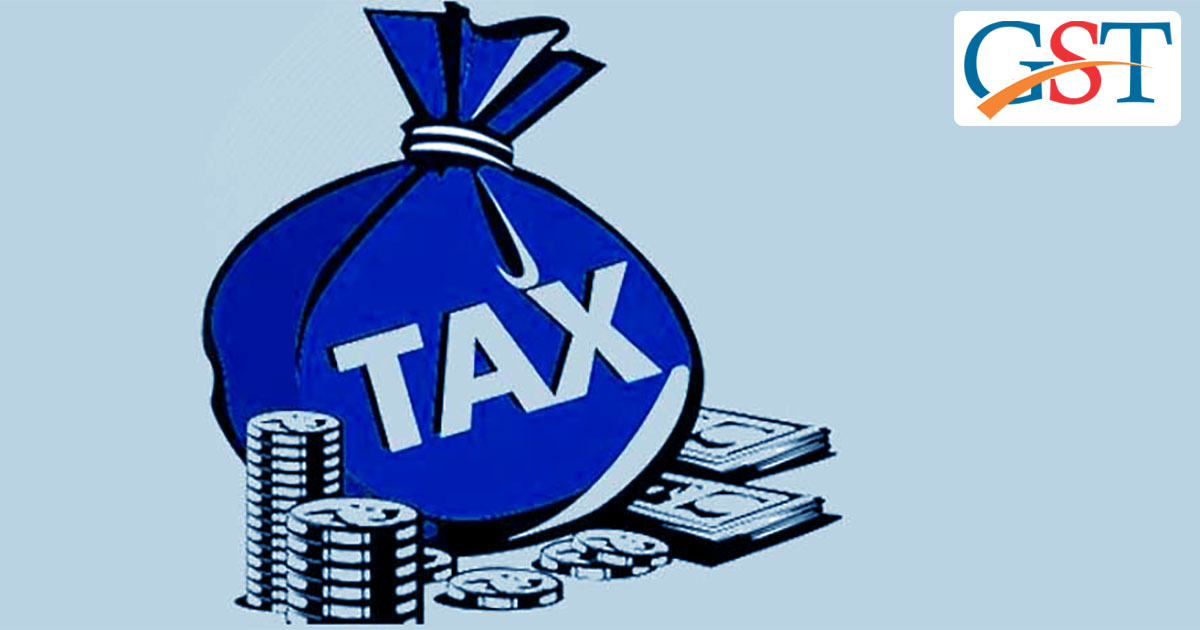The GST was introduced to boost tax revenue in India. But the first year of GST has been so far a mixed bag in terms of tax revenue. 31 out of the 34 Indian States/UT’s have reported revenue shortfall. But this is not the end of the story for the GST Dream. In Fact on the hindsight, this could just be the beginning. While skeptics will highlight the revenue shortfall, a closer look at the GST Revenue compared with that of the pre-GST period reveals a story that must be understood and shared.
The Compensation to States
Part of the GST Act in India is the five-year full-compensation mechanism for states. Under this, the Central Government ensures to cover all immediate shortfall in tax revenues to states for a five year period due to GST. The individual compensation is determined by comparing the current revenue with that of the revenue that would have been generated if VAT would still be in place. The 14% (over FY16 base) growth rate is taken as the base for evaluating the possible VAT Revenue for a given period/FY. The difference between the actual GST tax revenue to state and the possible VAT revenue is compensated by the Central Government. Hence the states are never at a loss. Accordingly, states like Bihar and Madhya Pradesh have received 38% and 26% compensation respectively to make up for the revenue shortfall.
The Silver Lining
Revenue Shortfall was expected during early stages. But a compensation based on the 14% annual growth (over FY16 base) has been a boon for the states. Because VAT data from the pre-GST period reveals that most of the states did not even record a 14% annual growth in Tax Revenues.
Furthermore, the revenue shortfalls over the period July-April has been on a decline. GST collections for April 2018 stood at Rs 94,016 against Rs 90,000 crore in July 2017. Hence notional revenue shortfall will subsequently decline for most states as GST Revenues increase.
GST Compliance has been on the rise. The e-Way Bill is now up and working in all states. And last but not the least, the possible introduction of anti-evasion measures like invoices matching by the end of this year will definitely catapult GST Revenue.
The Manufacturing States
There have been pundits who have raised concern over the impact of GST on Manufacturing Sector. But states like Maharashtra and Tamil Nadu whose economy has traditionally thrived on manufacturing have recorded revenue shortfalls of only 3% post GST implementation. Maximum revenue shortfall has been reported by Himachal Pradesh (42%) and Uttarakhand (39%). Not all states have had a revenue shortfall post-GST, states like Arunachal Pradesh, Manipur, and Mizoram have reported an increase in tax revenue and compliance.
The Bigger Picture:
The outgoing chief economic adviser Arvind Subramanian believes that true measure of compensation can be evaluated only post the dispersing of unsettled integrated GST and the cess among Centre and the States. This would further minimize the shortfalls. In Fact, once all the GST taxes (including accrues from integrated GST and the cess ) is shared with all states, very few states would need compensation!!. The estimated total state compensation for July-April would be in between Rs 5,000 and 10,000 crores. The argument is further validated if we look at the relevant cesses accrued during the July-March period. The total cess amounts to Rs 69,360 crore against the Rs 47,844 crore dispersed as total state compensation for the same period.
Read Also: Even GST Cannot Stop Indians From Becoming Lakhpati
In conclusion, we can say that the state compensation provision has been on the hindsight profitable for states. The GST is still in its teething state and revenue shortfalls were expected. Overall, the states have little to complain and stand to profit considerably in upcoming days too.









